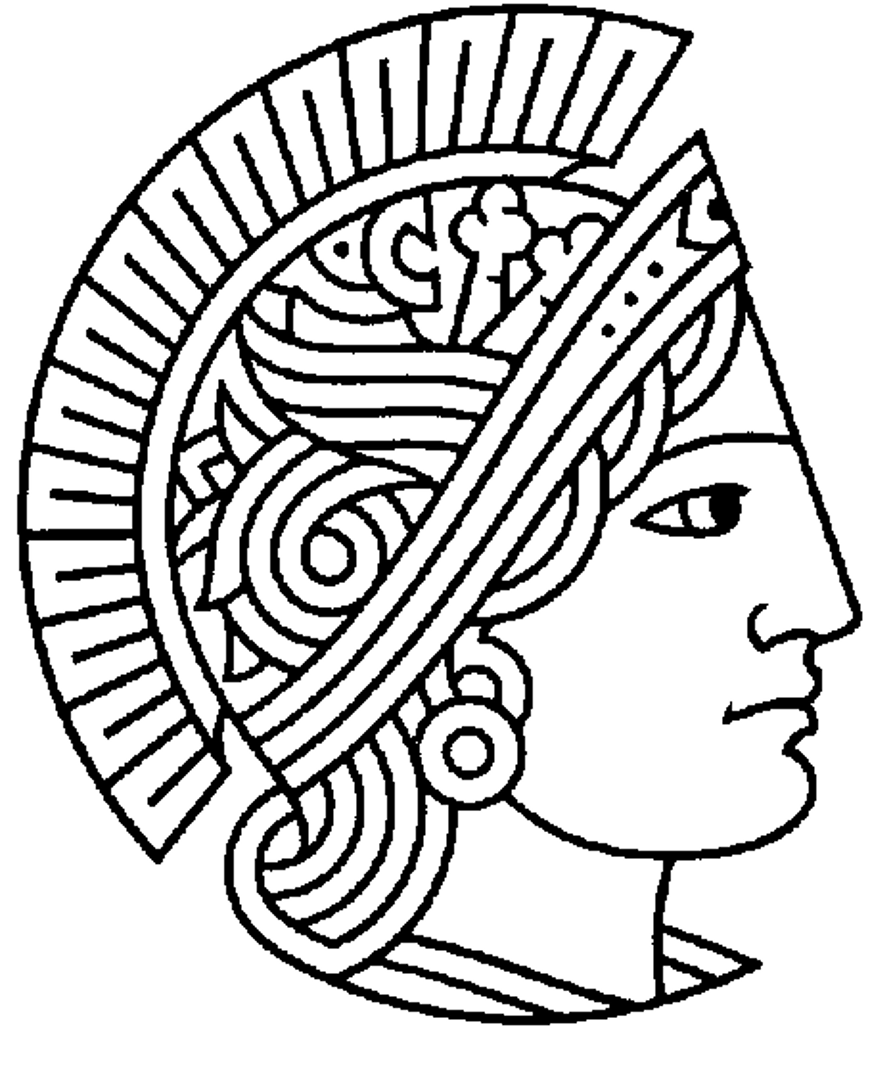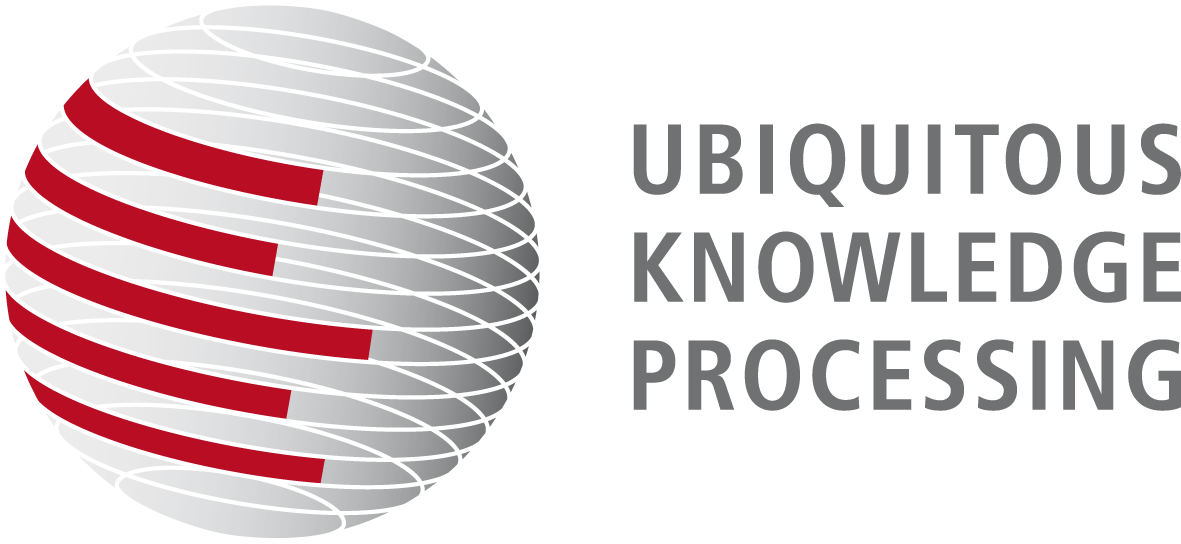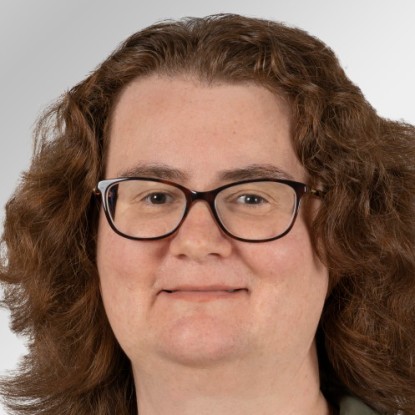LKE/KDSL Research Seminar
2013/05/31

Dr. Michael Piotrowski and Martin Riedl will present their work at our latest LKE/KDSL Research Seminar.
On June 4, 2013, at 11:40am in S1|03 223, we are honored to hold the monthly LKE Research Seminar with our two speakers, as follows:
Dr. Michael Piotrowski will present:
Using Nanopublications to represent Intertextual Relations in Early Modern Sources
Historical texts contain numerous implicit references and allusions to other texts, which were obvious for contemporary readers, but are hard
to understand for today's readers, if they are recognizable as references at all. Digitization of historical documents have made it easier to get hold of historical texts, but does not change the fact that the context of historical texts is often only accessible to highly specialized scholars. Findings on intertextual relations and their transmission chains are—if at all—only documented in scattered footnotes and thus hard to find for other scholars, so that the difficult process of reconstruction has to be repeated over and over again.
We propose to represent intertextual relations between historical sources by adapting nanopublications, a linked-data approach originally developed in the biomedical domain, to the requirements of historical scholarship. The goal is to offer historical scholars a natural, low-threshold method for recording their observations and discoveries in machine-readable form, so that these findings can be made accessible to other scholars and to automatic processes that will support researchers by offering retrieval, linking, and automated detection of gaps or of potential new intertextual relations.
In our work we will first focus on early modern theological consilia, i.e., opinions issued by theological faculties. These normative sources are particularly interesting because, on the one hand, they contain large numbers of implicit and explicit references to earlier norms, and, on the other hand, they had a significant influence on the life of the people in the early modern period and on subsequent theological and civil legal texts.
Martin Riedl will present:
Scaling to large data for building a distributional thesaurus
Nowadays, using big data becomes more general. But a drawback of large data is often the capability to process them in reasonable time. We introduced Jobimtext framework which contains the functionality to handle large data to calculate a distributional thesaurus using Hadoop. In this talk I will show methods to evaluate a thesaurus and to compare it against other methods for distributional thesaurus.


